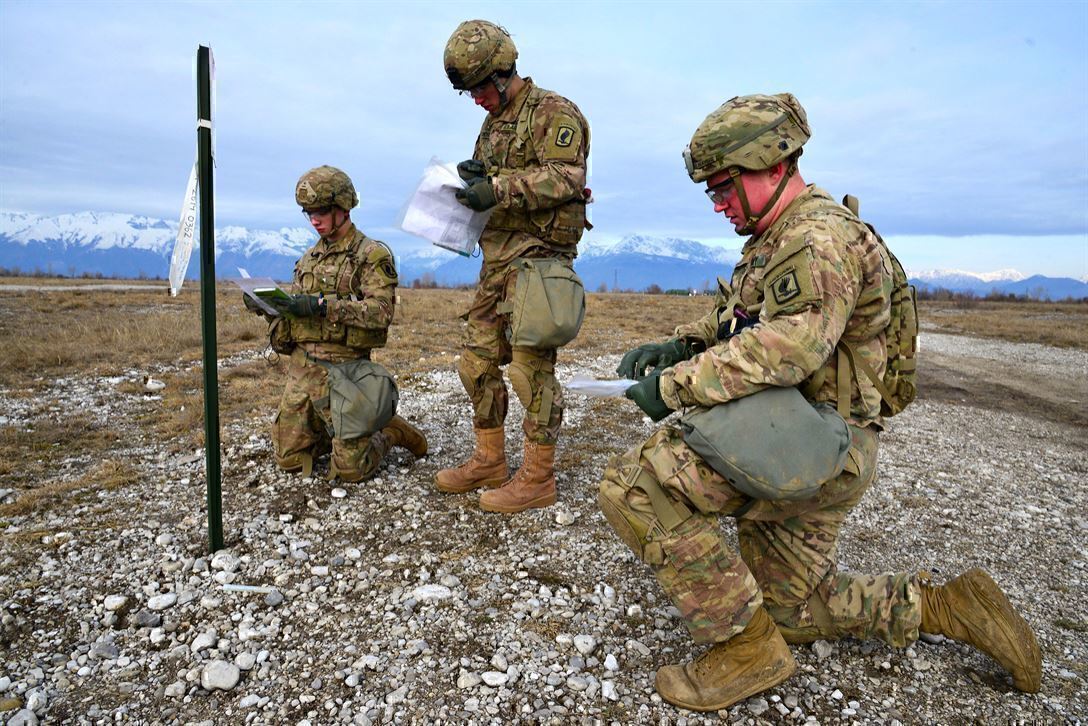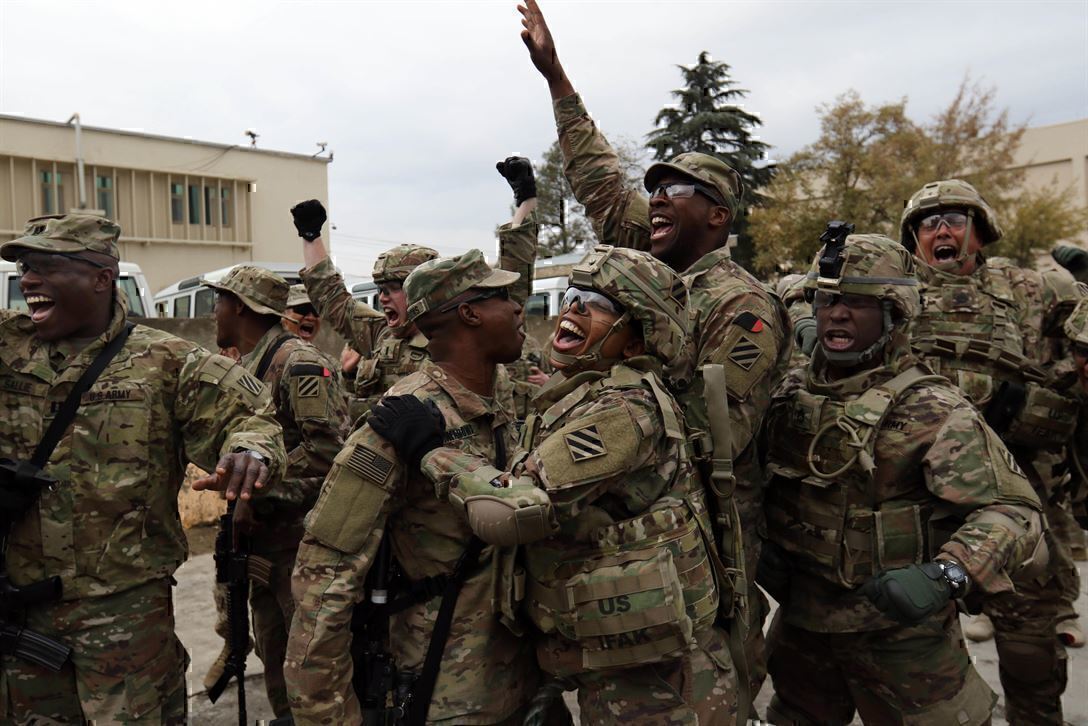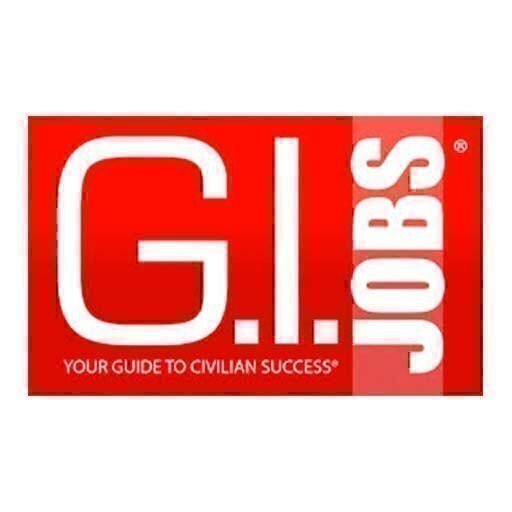Working from home presents a unique opportunity for veterans who are looking for a job after the military. While it might appear simple on the surface, working from home can sometimes create difficulties when it comes to performing your best. Here are some things to keep in mind if you do work from home.
When one exits the military it is not uncommon to be flooded by a myriad of seemingly conflicting emotions. On one hand you enthusiastically embrace your new found set of freedoms. Specifically, if you are a Marine then you are thrilled to death you can finally put your hands in your pockets. On the other hand, there is much about military life that you will find yourself missing whether you realized it or not.
For many, having a contractually guaranteed job and paycheck for a defined period of time is one of them. Veterans currently entering the job force are doing so at a time when the work from home, or gig economy, is hotter than ever. Meaning, not only have they shed the structure of military life, but with a little work they just might be able to make a living while shedding the structure of corporate life as well. You might be thinking making money in your pajamas sounds like a dream job after military life, but buyer beware there are some major pitfalls the veteran should consider if they want to make working from home a reality.
Embrace Your Military Disciplines When Working From Home

A great start would be to ditch those coveted pajamas and remember what it feels like to get uniformed up for work. One of the biggest pitfalls awaiting anyone when the opt to work from is that it can quickly become the Wild West in your basement. Anything goes and it starts with dress. The problem is that this can quickly distort the reality that you indeed have a job and this is indeed work. For to whom this applies, take a look back and remember the feeling of putting on your tactical gear, loading up your magazines and then stepping outside the wire to do work.
It is an unmistakable feeling to step outside the wire for the first time, but within that feeling was the acknowledgement that your “job” for that day had truly started. Dressing the part can help you feel that it is time to do work and fight the temptation to feel that this is just another lazy Saturday in the barracks.
There is no need to put on tactical gear while living life as a freelance writer. Although, if that helps you write better no-one is watching or judging so do as you must. In general, dressing as professionally as you choose whether that is business casual or even blue-jean Fridays will do. Just dress the part and get ready to do work.
READ NEXT: 7 TIPS TO CRUSH YOUR NEXT VIDEO INTERVIEW
Start and End Your Day with a Formation

Despite being a Marine, Soldier, Sailor or Airman 24/7, most days in the military often have a very specific start and stop feel to them. Whether it is forming up for PT at 0800 or having the CO dismiss the Company for weekend liberty, these rituals serve as benchmarks for when it is time to play or time to work. In the gig economy, this often gets terribly lost on those who work from home. For some, it is difficult for them to feel as if they are truly at work as they have around them the same distractions on Monday that they had on Saturday. So when does work really begin?
On the other side, for many it becomes difficult to feel as if they have left work. Living life as a freelancer can be feast or famine, and there is always something to be done. So if you find yourself living in your office this places many into perpetual work mode. This is where having an official start and stop to your workday can be extremely beneficial. Whether you simply need to know when to get started or how to tell yourself to quit, having a ritual can be a tremendous aid. We are not saying you have to have an official formation in your basement, but then again, no one’s looking so do as you must and carry on with the plan of the day.
Organize, Plan and Communicate

The military version might read something like, “shoot, move and communicate”, but the freelancing lifestyle is hopefully not going to put you in contact with the unmistakable snap and crack of a bullet flying overhead. However, you will have plenty of problems and you will need a plan. Thankfully the freelance community has responded with innovation and creativity to match these problems. The veteran simply has to understand how they work and almost without fail, there’s an app for that. Take a look at the recommended list of apps.
Organization can be a problem for a freelancer working from home as there is no Company Gunny to drop off the chow and bullets. One of the hardest realities that hits a new freelancer is that you are responsible for everything. In addition, you may very well find yourself working with clients and teams around the world. So you have to have a plan to communicate and organize your mutual work. If you cannot effectively handle the logistics of being a freelancer then you will not get paid. If you don’t get paid, your career as a freelancer will be remarkably short.
Veterans are Primed to Succeed as Freelancers

These are not insurmountable barriers and the veteran who has learned to adapt and overcome can do well in the working from home economy. However, they need to understand that transitioning from military life to the civilian workforce can present challenges for many. Those who are ready to take a swing at working from home after military life need to be prepared for the Wild West.
Don’t let the lack of uniform lull you into an undisciplined lifestyle. Dress the part and get ready to do work each as if it is actually work. Understand that your work and play can becoming nearly indistinguishable when you work at home. Have a start and a stop to your work day.
Finally, have a plan to organize and communicate. General James Mattis once famously said to his Marines in Iraq, “Be polite. Be professional, but have a plan to kill everyone you meet.” While we again hope there is considerably less (none would be great) need to kill in your basement office as a copywriter, you need a plan all the same. If you approach this perilous journey of the freelance lifestyle with the same seriousness you approached life outside of the wire then the transitioning veteran stands to thrive in the gig economy.
Jeff Edwards is a United States Marine veteran who served as an 0311 during one deployment to Iraq in 2003. He holds a Bachelors in Political Science with a Master’s in Public Administration. After Iraq, Jeff spent nearly 15 years in non-profit management and works currently as a professional writer while running the blog Unprecedented Mediocrity.
READ NEXT: 9 COMPANIES THAT WANT YOU TO WORK FROM HOME







